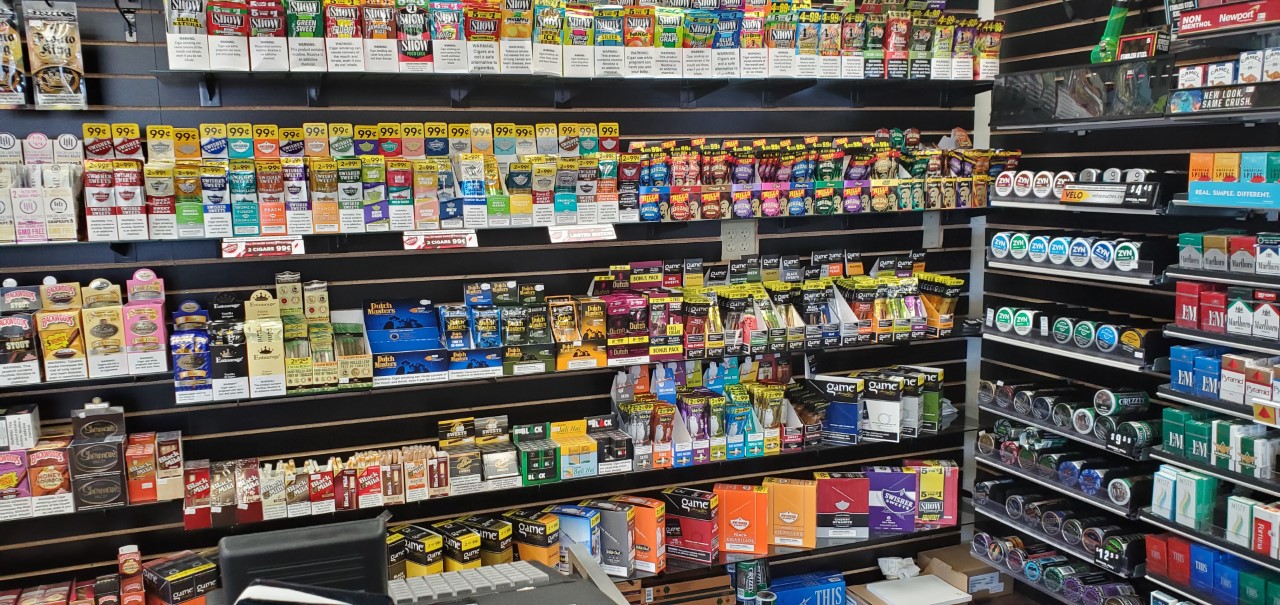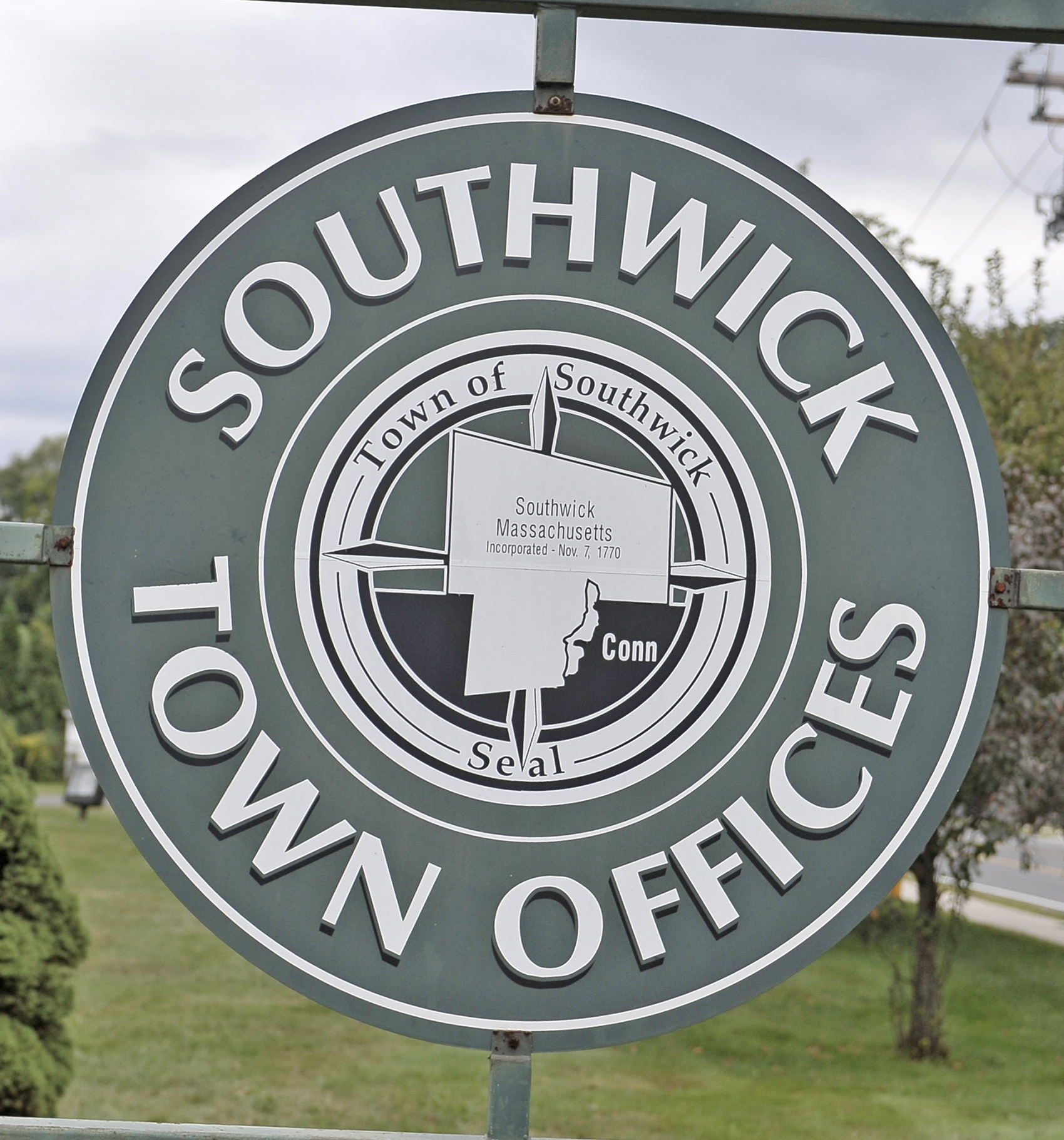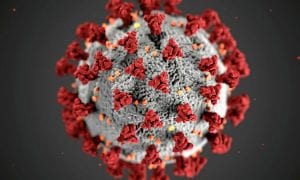WESTFIELD- The past year has been something of a roller coaster in the world of vaping in Westfield and Massachusetts as a whole.
In Westfield, the local research into vape sales and who is getting their hands on them began in January with the Health Department’s work to see which establishments in the city that sell vapes are selling to people who are above 21-years-old only.
When the Board of Health convened in March, it discussed how at least one business that sells vapes in the city is confirmed to have been selling to underaged people. After this finding, the Board of Health began planning sting operations for such businesses throughout the city.
In August, the board was presented with options on how to deal with vapes getting into the hands of underaged kids. Those options included increasing fines with each subsequent offense, restricting sales to specific stores that specialize in selling vape products, and extra training for employees.
It was around this time that nationwide reports began coming out regarding mysterious lung illnesses that were associated with vaping. While at first the cause was unclear, it was discovered that some vapes were cut with vitamin E acetate, a substance that turns into an acid when heated to vaping temperatures, damaging one’s lungs.
It had been widely reported that the products that were cut with this substance were actually THC vaping cartridges created illegally and with no regulation by people trying to sell vapes by themselves. It is not clear if any legal, regulated vaping products purchased in stores were cut with the same substance.
In September, things began happening rather quickly. At that time, state Sen. John Keenan’s proposed bill was introduced which would ban all flavored tobacco products, including vapes and menthol cigarettes. The Board of Health voted unanimously to draft a letter of support for the bill.
The board also took the step that meeting of voting to restrict where vape products could be sold, potentially eliminating them from convenience stores pending a public hearing.
That hearing would never come to be, as the state government ended up forcing their hand. Gov. Charlie D. Baker suddenly announced near the end of September that he was banning all sales of all vape products in the state until the end of January as a response to the mysterious lung illnesses and to keep it out of the hands of kids.
The ban caught just about everybody off guard, it would seem, as Westfield’s Public Health Director Joseph Rouse expressed his own surprise the following day when they were made to begin enforcing the ban.
“Up until that point, we had no idea that anything was in the works at the state level,” said Rouse the next day.
Rouse did express sympathy for the vape store owners, as they were given less than 24 hours notice before they were banned from selling their primary product, putting their businesses in jeopardy.
The ban never ended up going until January, as the Baker administration chose to end it early at about the same time that the bill banning flavored vapes passed. That same bill comes with a 75 percent excise tax on remaining vape products which will come into effect in June.
For many owners of businesses that sell vapes, the end of the ban was a shallow victory. Some stores had already closed their doors before the end of the ban, while others found quickly that their business will never be what it was if they cannot sell the flavored products.
Rouse himself ended up heavily criticizing the state’s handling of the situation, saying that banning flavored products while still allowing vapes to be sold in non-specialized stores was not going to work.
“It’s a money grab … it’s tax money. They would certainly not allow it (vapes) back in convenience stores if they cared about youth access,” said Rouse, “So now we know, and I will go on the record and officially say, the state does not care about youth access. This is a result of that.”
While Rouse and the board expressed further interest in a local ban on vape sales in non-specialized stores, they chose to wait to give the law some time and to see how it affects the ability of minors to get their hands on vapes.





